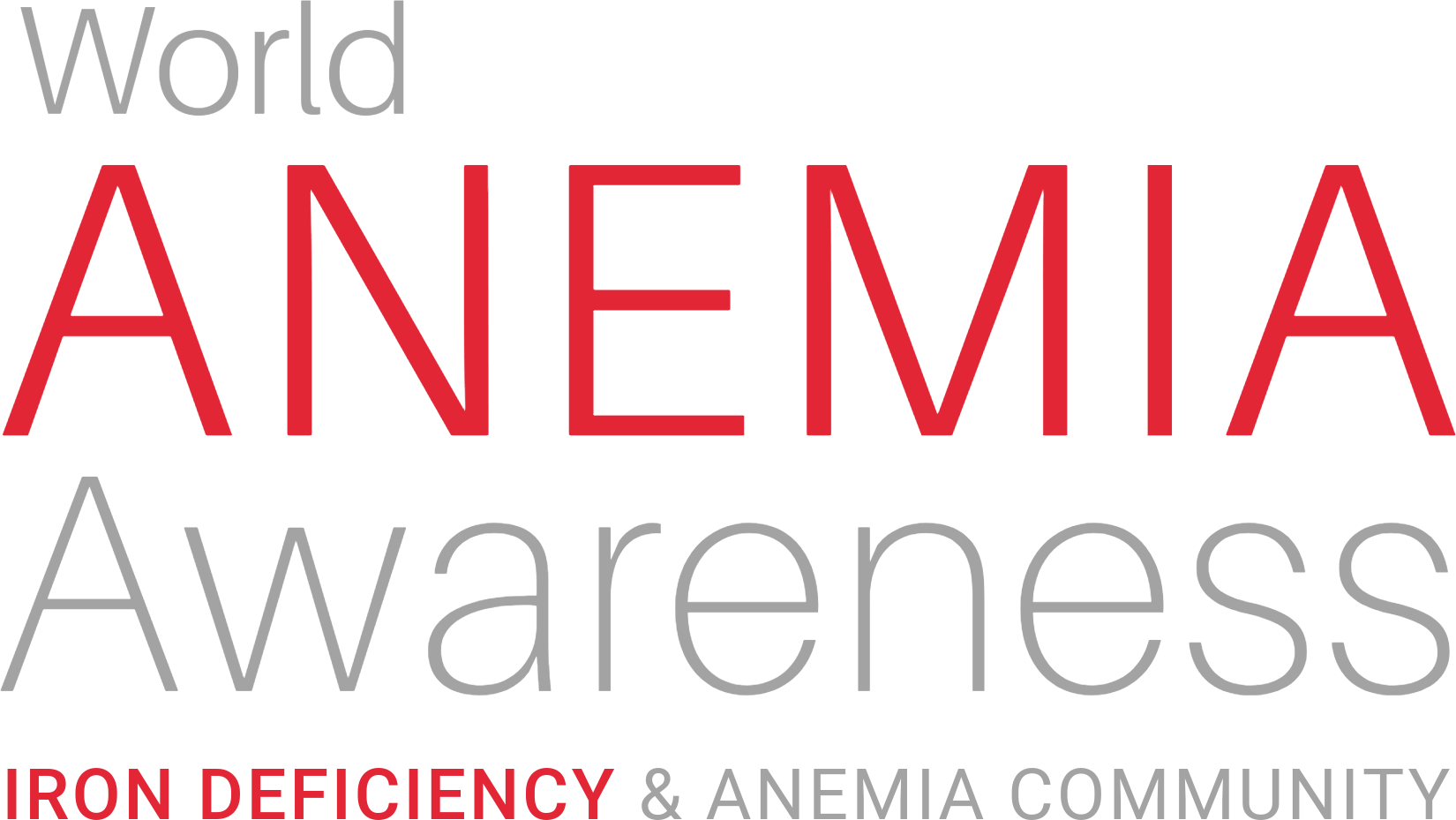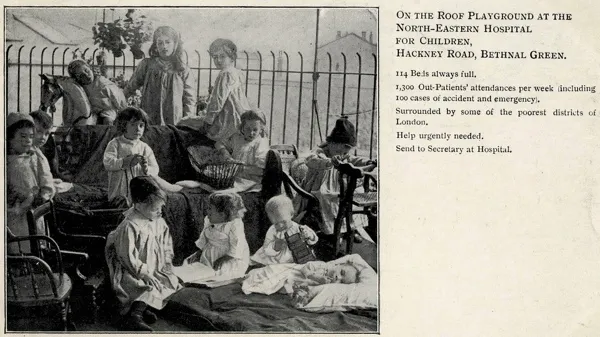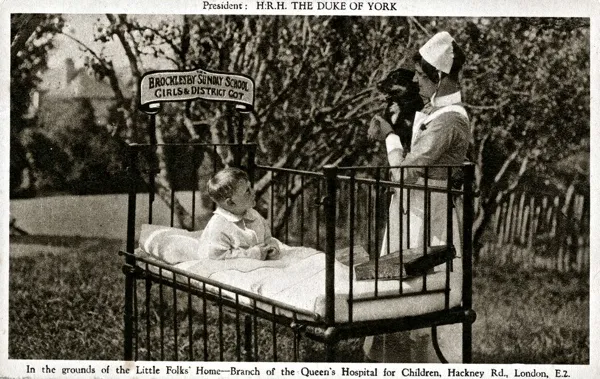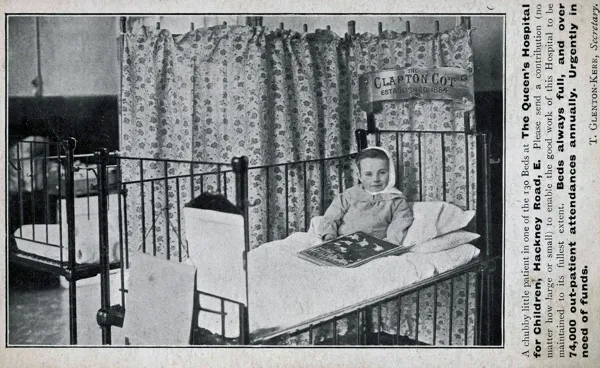
Dr. Helen Mackay: A Champion for Children and Women
When we think of superheroes, we often picture capes and superpowers. But Dr. Helen Mackay, born in Scotland in 1891, was a real-life hero whose “superpower” was saving lives through science.
Dr. Mackay dedicated her career to helping newborns and young children, offering both expert medical care and a calm demeanour that soothed crying babies and worried mothers alike. Her precise diagnoses and treatments made her a trusted and influential paediatrician.
Iron Deficiency in Babies
Millions of babies around the world suffer from anemia due to low iron. Why does iron matter? Dr. Mackay discovered this nearly 100 years ago. She found that babies fed on artificial milk were more likely to have anemia, while breastfed babies stayed healthier. She didn’t just identify the problem—she found solutions that saved lives.
Changing Lives
Dr. Mackay’s research showed that giving babies iron supplements made them healthier and stronger. Thanks to her, iron-fortified baby formulas became widely used—a lifesaver for many families. But she didn’t stop there. She set up clinics in London to support moms in poor areas. She shared advice and tools to help them care for their little ones.
Helen Mackay’s work still matters today. From promoting breastfeeding to creating better baby formulas, her ideas continue to save lives.
Breaking Barriers: Dr. Helen Mackay Paves the Way for Women in Medicine
In 1934, Dr. Mackay became the first woman to join the Royal College of Physicians—a huge deal at the time. She valued this honour deeply but remained committed to her work as a hospital physician, focusing on precise diagnoses and the care of young children. Her legacy proves that one dedicated person can make a difference for generations to come. Her story inspires women everywhere, no matter the challenges.
Why Our Blood Health Matters

Dr. Mackay’s story teaches us something powerful: taking our health seriously isn’t just about ourselves—it’s about creating change. Let’s break the silence on topics like anemia, periods, and pregnancy, even if they’re seen as taboo.
Anna Cooper from Menstrual Health Project is taking the lead in this by educating and preparing her daughter Grace for periods. By normalizing these conversations today, we empower the next generation to take charge of their health with confidence and knowledge.
Know Your Numbers
Change starts small. It begins with knowing your numbers. What numbers? This could be:

- Full blood count: Checks the number and size of red blood cells and measures haemoglobin, which carries oxygen in your blood.
- Vitamin B12 and folate: These vitamins help your body make healthy red blood cells. Low levels can lead to tiredness and weakness.
- Ferritin: Shows how much iron is stored in your body, helping to detect low iron before it leads to anemia.
Then, if you need to, you could talk to your doctor, nurse or midwife for further advice. This could be the first and very critical step towards having good blood health. It’s the knowledge we need to make better choices for ourselves and our families.

Dr. Mackay showed us that breaking barriers doesn’t just happen in labs; it happens every time we challenge old norms and start conversations that lead to action. We need to speak up about things that matter. If she was able to create change a century ago, imagine the impact we can have today by openly discussing these once-taboo topics.

By following Dr. Mackay’s example—staying informed, advocating for better health, and supporting one another—we can continue her mission and create healthier futures for all. Her meticulous habit of taking notes reminds us to stay curious because even small steps can lead to big change. We can apply this practice by keeping track of our own blood health:
Key Takeaways
- Knowing our iron levels and overall blood health can help us make informed choices and take better care of ourselves and our families.
- Regular check-ups with your healthcare provider can help you understand these numbers and take action if needed.
Credits
Inspired by research from Dr. Helen Mackay and historical articles, including her original studies and contributions to pediatric medicine.
Update – 19 April 2025
We’ve added a new update regarding the WHO’s Patient Blood Management (PBM) guidance, released on March 14th, 2025. This guidance is a significant step forward in improving global blood health. To read more about it and how it impacts patient care, click here: https://iris.who.int/handle/10665/380784




